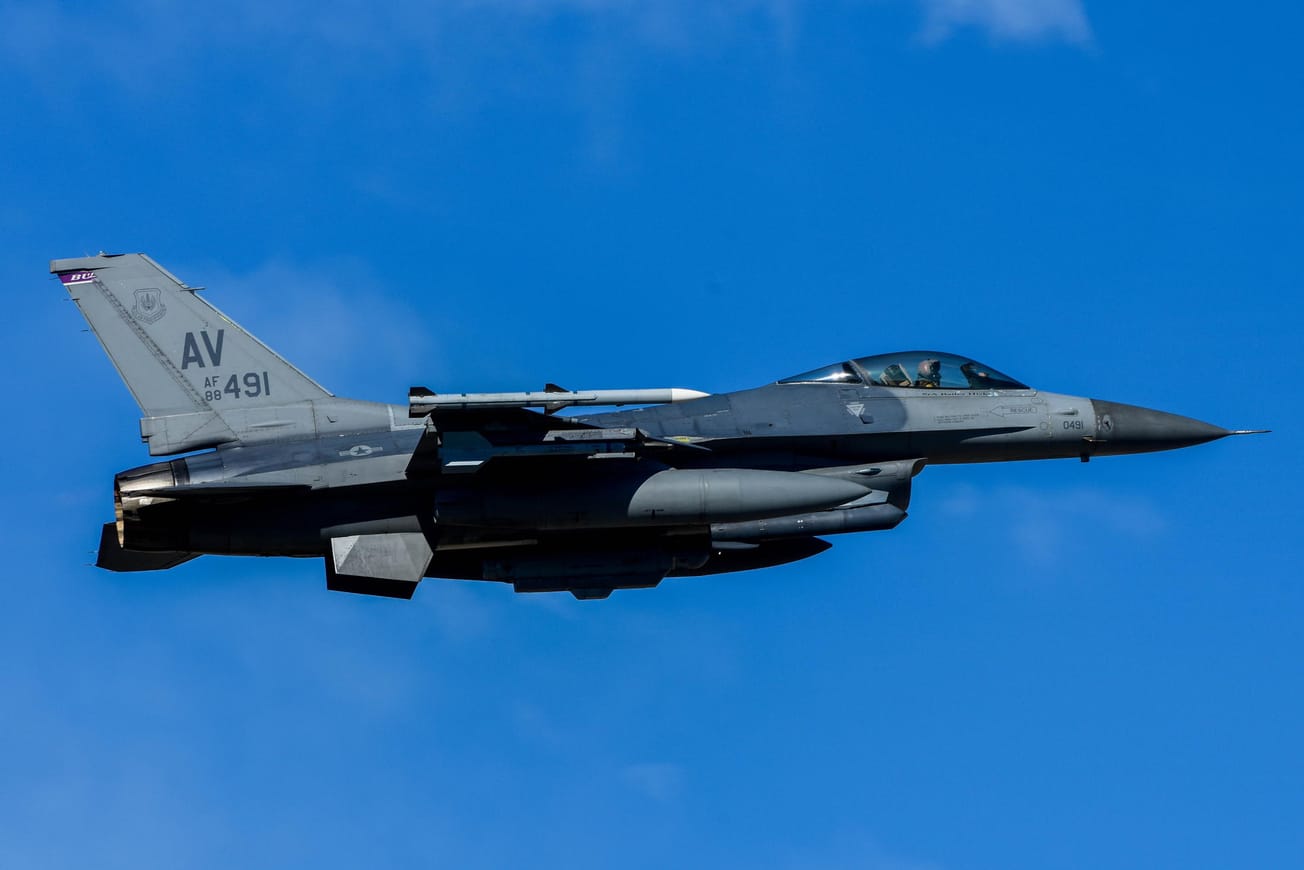Yesterday, the following statement began circulating on social media and other locations: “Israel informed Lebanese government it will launch a ground operation against Lebanon unless Hezbollah withdraws north of the Litani River within 48 hours.” It was posted on a Twitter feed called Palestine Now, but has not been confirmed in news reports or in official statements. However, there’s plenty of evidence that, indeed, Israel is moving in that direction.
The Wall Street Journal reported yesterday afternoon that Israeli officials are warning Hezbollah to pull back its forces on the Lebanese border and stop firing missiles at Israel, to avert another war as fighting also rages in the Gaza Strip. “I think we are a mistake away from escalation,” said one Israeli military official. “I don’t think Hezbollah really appreciates how the Israeli psyche has changed since Oct. 7.”
The rest of the Journal article discusses the military buildup by both sides. Israel has massed 100,000 troops on its side of the border while Hezbollah has a rocket arsenal of an estimated 150,000 rockets, including some with 1,000-lb warheads and precision guidance that can hit anywhere in Israel. Furthermore, the cross-border skirmishes between the two sides are escalating. Hezbollah has greatly expanded its use of Kornet anti-tank missiles since fighting renewed in October, now making daily use of the laser-guided munitions, packed with both regular explosive and thermobaric charges and designed to pierce through a meter of steel, said Yehoshua Kalinsky from the Tel Aviv-based Institute for National Security Studies.
Benny Gantz, a member of Israel’s war cabinet, told U.S. Secretary of State Antony Blinken during a phone call yesterday that the uptick in attacks by Hezbollah will require a firm Israeli response. “Gantz stated that heightened aggression and increased attacks by Iranian-backed Hezbollah demand of Israel to remove such a threat to the civilian population of northern Israel,” according to an Israeli readout, reported the Times of Israel. Gantz added that “the international community currently has an important role to play, and it must act to ensure that the state of Lebanon stops such aggression along its border,” the statement said.
ToI surmises that Gantz’s message appeared to reflect an intensification of Israeli pressure on the U.S. and other members of the international community to restore calm on the border through diplomatic means. Jerusalem is hoping that the U.S., France, or other foreign mediators will be able to broker the enforcement of UN Security Council Resolution 1701. UNSC 1701 was passed in the aftermath of the 2006 Israel-Hezbollah war and required that Hezbollah move its forces north of the Litani River, which it apparently never did.





